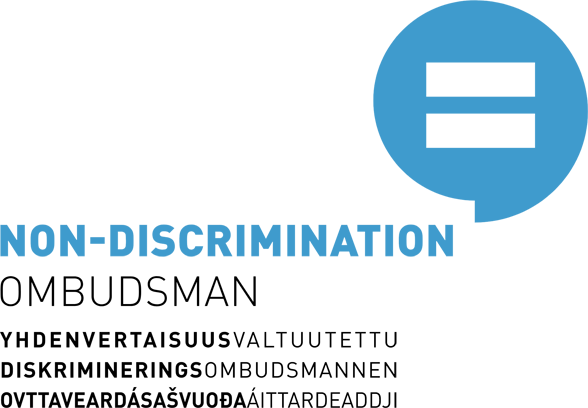Harassment
Harassment constitutes discrimination prohibited by the Non-Discrimination Act. In the Act, harassment is defined as the deliberate or de facto infringement of the dignity and integrity of a person. In harassment, a person’s behaviour creates an intimidating, hostile, degrading, humiliating or offensive environment for another person related to prohibited grounds for discrimination, such as sexual orientation, origin or disability. Harassment can also be committed against groups of people in addition to individuals. This means that, the investigation of harassment will not require a specific individual, a harassment victim, against whom harassment is suspected.
Behaviour is understood broadly so that it also includes e-mail messages, facial expressions, gestures or the display of inappropriate material e.g. online, or other kinds of communication. The behaviour infringing dignity does not need to be directly aimed at a specific individual; it may also be aimed at a group of people.
Harassment may occur in different ways
In its decision, the National Non-Discrimination and Equality Tribunal has stated that displaying the swastika flag of Nazi Germany constitutes harassment prohibited by the Non-Discrimination Act. In the case in question, a person displayed the swastika flag in their apartment building window. This was considered to be a violation of human dignity that caused an intimidating and hostile environment towards the Jewish injured party.
The Non-Discrimination Ombudsman negotiated a settlement in a case, in which a teacher harassed a student based on nationality. The teacher insulted Estonian people unfairly in the hearing of other students. As a result of the negotiations, the educational institution apologised to the student who experienced discrimination and paid the student a compensation of EUR 2,000 for the discrimination. The educational institution also committed to reviewing its operations to ensure that similar incidents would not occur in the future.
Insulting and harassing behaviour by another person may also meet the definitional elements of defamation under the Finnish Criminal Code. As for insulting or demeaning actions against a specific population group, they may be punishable as ethnic agitation.
Sexual and gender-based harassment constitutes discrimination as referred to in the Act on Equality between Women and Men. Read more about sexual and gender-based harassment prohibited by the Act on Equality between Women and Men on the website of the Ombudsman for Equality.
Harassment must be addressed
According to the Non-Discrimination Act, authorities, private parties with public administration duties, education providers and employers must assess the realisation of equality in all their activities and take effective measures to promote the realisation of equality, if deficiencies are discovered. The obligation to promote equality includes the obligation to prevent all kinds of bullying and insulting speech based on the characteristics of people, as well as the obligation to address systematically any harassment that is discovered or reported.
Employers have a heightened obligation to address harassment focused on the employees. If an employer does not address harassment faced by an employee after being informed about it, the employer is guilty of discrimination and may be held legally accountable for it.
An education provider or early childhood education and care organiser or service provider must take available measures to eliminate harassment. An education provider or early childhood education and care organiser is guilty of harassment if it neglects its duty to take measures to eliminate harassment of a child, pupil or student that it is aware of.



